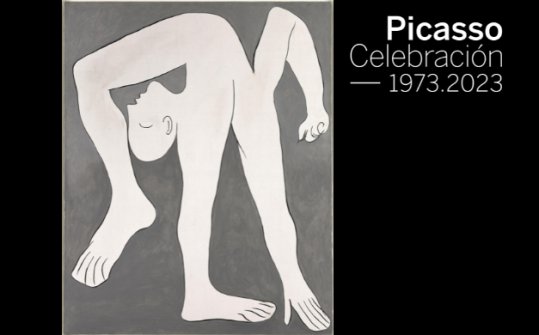This international congress is the first activity to be carried out within the framework of the Commemoration of the 50th Anniversary of the death of Pablo Picasso in 2023. The title of the congress alludes to the famous graphic work of the artist Sueño y lie de Franco (1937), and investigates, from the field of cultural studies, Picasso's relationship with the challenges, crises and transformations that shook Spain from the disaster of 1898 until the end of the war in Morocco in the 1920s.
In Spain at the beginning of the 20th century, the crossroads of modernity is expressed with unusual intensity and the artistic forms of the moment propose a true revolution of sensibility. After the independence of the last transatlantic possessions in 1898, the country was torn between panic at foreign occupation, collective mourning, popular despair, new projects for African colonies and its reinvention, as an eternal nation, in Eastern syncretism. West of Iberian art. The contradictions between countryside and city, nature and industry, city and territory summon collective reactions between despair and utopia. It is a rich context of solidarity networks, spaces of autonomy and dreams of worlds to come. Fighting against hunger and repression, a nascent class, the artistic bohemia, builds its own image while their bodies are processed in a dense mesh of modern institutions. Also, working women are the object of new specific forms of violence and commerce in the home, the brothel and the psychiatric hospital, three spaces belonging to an institutional complex that represses and subjugates the female condition between the 19th and 20th centuries.
The Picasso of the beginning of the century, the object of this congress, is the product and producer of this historical crossroads. Inhabitant of the interstices of the time, his vital environment and aesthetic sensibility springs from those conflicts and desires that build the industrial city and the ways of imagining alternatives that occur in it, such as anarchism. The bohemian lifestyles spread through cabarets and workshops, visionary pharmacology and the forms of sociability typical of the art environment determine the coordinates of the new style that defines the avant-garde Picasso. It is in a complex network of trips, between Madrid, Barcelona, Gósol, Paris, a mesh where the imaginary of the nation and its ghosts are also articulated, which seeks to replace the mestizo transatlantic identity with an expansive North African vocation.
In this congress it is argued that Picasso's Spanish identity does not reside in his references to the painting of El Greco, Velázquez or Murillo, in the influence of Iberian sculpture, or even in the traces of Spanish popular culture, as has been defended. . These references are symptoms of the profound redefinition of what is Spanish that occurred between 1898 and 1922, between the independence of the American nations and the Picasso File, a historical report signed by the military man Juan Picasso ─great-uncle of the painter─ that denounced the disaster of Annual in the Rif war and that marks the beginning of the dictatorship of Primo de Rivera. It seeks to argue from cultural studies that Picasso was not only aware of these processes and historical transformations, but that his work participates in them in a determined way. Bohemia, nationalism-colonialism, anarchism and repressive institutional policies on women are the ideas that make up the four articulating axes of the congress with which it seeks to decipher this period.


